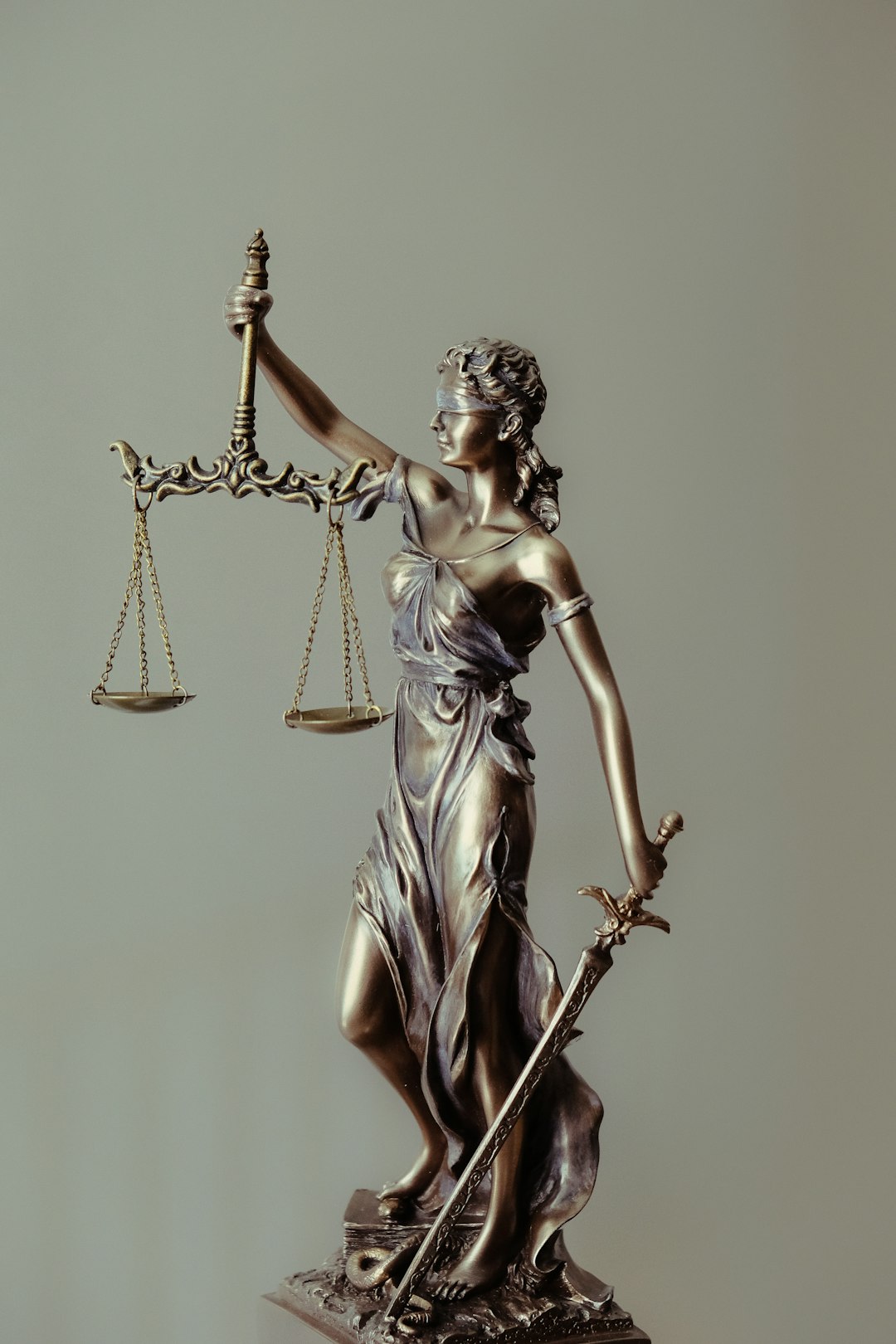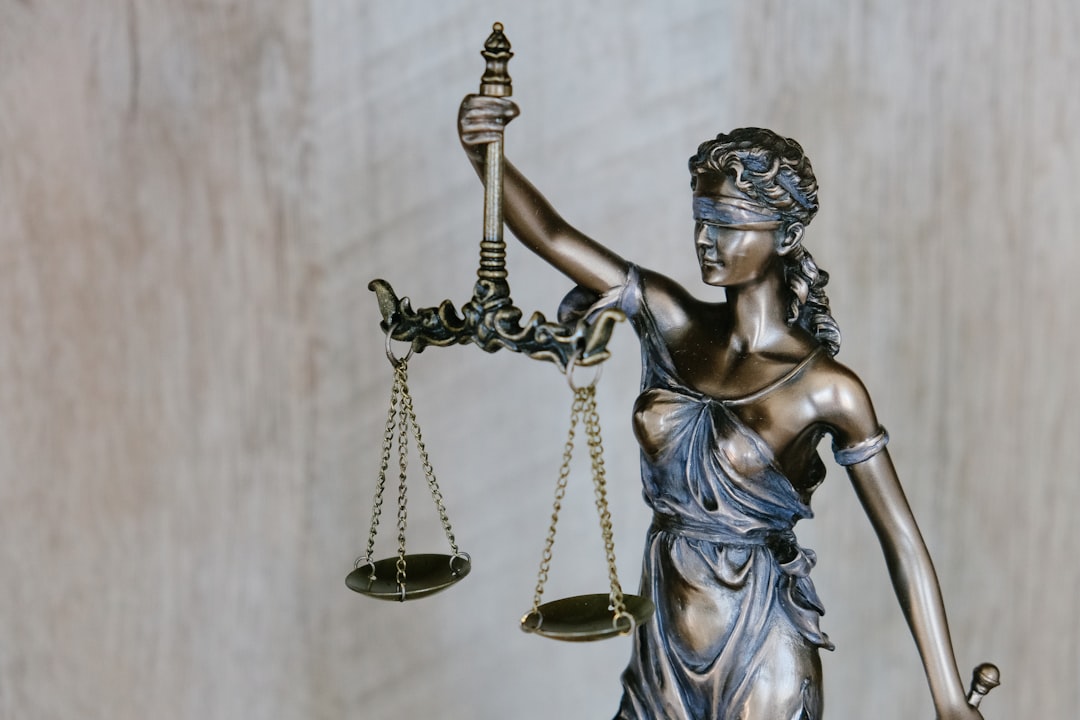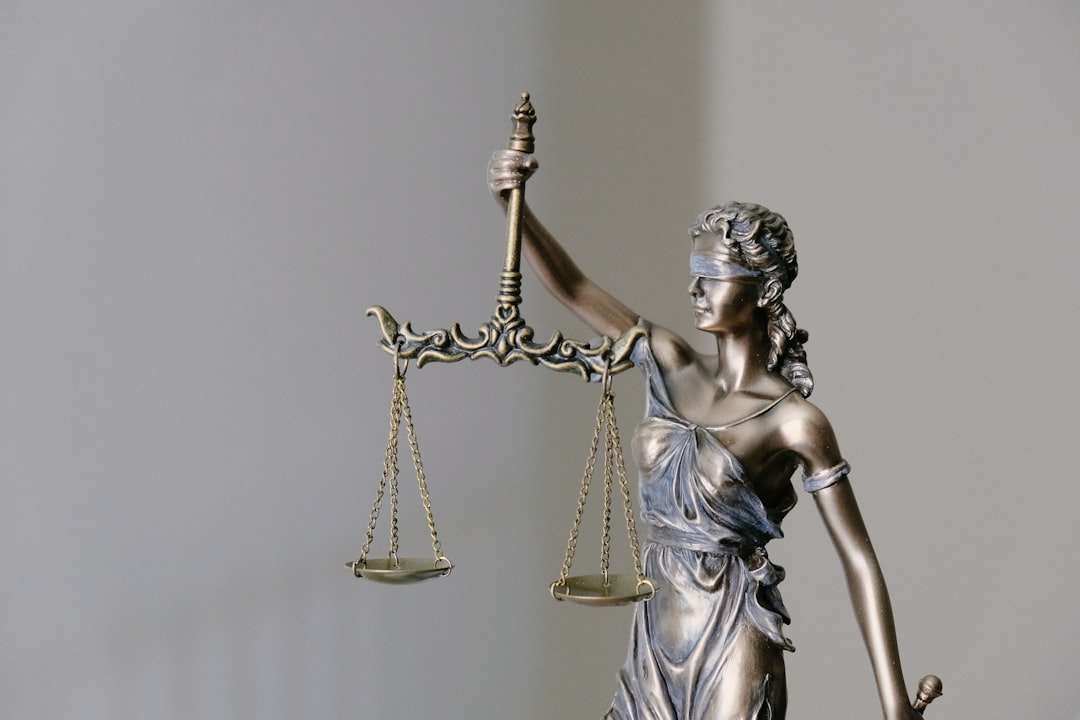In Florida, a robust legal framework protects sexual assault victims in educational institutions, with strict standards for schools and legal precedents like Doe v. School Board (2018) and T.M. v. School Board (2020). Miami FL school abuse lawyers specialize in navigating these complexities, ensuring victim rights, guiding investigations, and advocating for accountability through litigation, holding educational institutions responsible for campus sexual assault prevention.
In Florida, addressing sexual assault within educational institutions is a critical issue with far-reaching implications. This article delves into the legal framework surrounding school abuse cases, specifically focusing on Miami, FL. We explore key precedents in sexual assault litigation, highlighting the role of school lawyers in navigating these complex matters. Understanding these legal aspects is essential for advocates, parents, and anyone concerned about ensuring justice and safety for students facing school-related sexual misconduct.
Understanding Florida's Legal Framework for School Abuse Cases

In Florida, addressing sexual assault within educational institutions is governed by a robust legal framework designed to protect victims and ensure accountability. The state’s laws prioritize comprehensive handling of school abuse cases, encompassing not just criminal proceedings but also civil litigation options for affected individuals. A school abuse lawyer in Miami, FL, plays a pivotal role in navigating this intricate legal landscape, guiding clients through the complexities of their rights and potential remedies.
Florida law imposes strict duties on schools to maintain safe environments for students, including proactive measures against sexual harassment and assault. Key legal precedents have established guidelines for investigating incidents, documenting policies, and holding institutions accountable when appropriate. This robust framework ensures that victims of school abuse in Florida have access to justice, empowering them to seek redress through both criminal and civil channels.
Key Legal Precedents in Sexual Assault Litigation

In Florida, key legal precedents have shaped the landscape for sexual assault cases involving schools. One significant case is Doe v. School Board (2018), which established that schools have a legal duty to protect students from sexual abuse by employees or third parties on school premises. This ruling opened the door for victims of school-related sexual misconduct to seek justice and compensation through litigation.
Additionally, the Florida Supreme Court’s decision in T.M. v. School Board (2020) clarified that schools must adhere to strict protocols when investigating allegations of sexual abuse, ensuring fairness and due process for all parties involved. These precedents have empowered Miami FL school abuse lawyers to advocate for their clients’ rights and hold educational institutions accountable for failing to protect students from sexual assault.
The Role of School Lawyers in Navigating these Cases

In Florida, school abuse cases involving sexual assault present unique challenges that demand specialized knowledge and expertise from legal professionals. School lawyers play a pivotal role in navigating these complex cases, ensuring students’ rights are protected while upholding institutional responsibilities. With the sensitive nature of such incidents, these attorneys must possess a deep understanding of both educational law and criminal justice procedures. They guide schools through investigations, discipline processes, and potential legal repercussions, offering strategic advice to maintain a safe learning environment.
Miami FL school abuse lawyers are well-versed in interpreting legal precedents and applying them to real-world scenarios. Their expertise enables them to advocate for victims, ensuring they receive the support and justice they deserve. These lawyers also educate schools on prevention strategies and best practices to mitigate risks, fostering a culture of accountability and safety within educational institutions.





